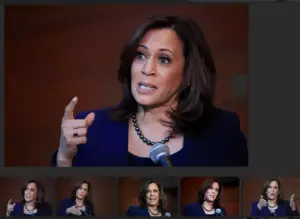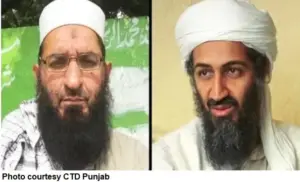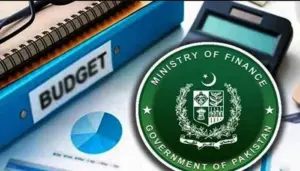Sindh govt, fed ministry of Poverty alleviation to work together for social protection

Shazia Marri visiting Sanghar flood areas
KARACHI, June 3,2022- The provincial government of Sindh and Federal Ministry of Poverty Alleviation & Social Safety have agreed to work together to launch pro-poor and social protection initiatives through Benazir card.
Under the plan, the initiatives such as cash transfers, scholarships, nutrition, immunization and such programmes for eligible women and children, particularly the girls are on the cards of provincial government.
This was stated by Sindh Chief Minister Syed Murad Ali Shah in his meeting with Federal Minister for Poverty Alleviation & Social Safety here at CM House on Friday. Those attended the meeting from Sindh govt, include Minister Education Sardar Shah, CM Special Assistant Haris Gazdar, Chief Secretary Sohail Rajput, Chairman P&D Hasaan Naqvi, Secretary Health Zulfiqar Shah, Secretary Education Akbar Leghari, Special Secretary to CM Rahim Shaikh, PS Special Protection Unit Nisar Memon.
The federal minister’s team comprised on Secretary Benazir Income Support Program Dr Ismat Tahira, DG National Socio-Economic Registry (NSER) Naveed Akbar, DG Sindh BNISP Samar Talpur, Director Baitul Mal Dr Adnan, Poverty Alleviation Group leader Ahmed Ali Khattak.
Climate change needs to be discussed at every forum, Shazia Marri
The CM said that his government’s social protection was aimed at providing income or consumption transfers to the poor, protect the vulnerable against livelihood risks and volatility and enhance the human capital and rights of the marginalized with the overall objective of reducing the economic and social vulnerability of poor, vulnerable and marginalized individuals, and communities.”
Mother and Child Support Programme
Mr Shah social protection said a small-scale pilots on food security and women agricultural workers have been initiated. The Mother and Child Support Programme (MCSP) has been launched and scaled up to two districts, Tharparkar and Umerkot.
Murad Shah disclosed that negotiation with World Bank for support to the tune of $200 million over next 5 years were in final stage. He added that MCSP would be scaled up to rural areas province wide.
CM Special Assistant on Social Protection Haris Gazdar said that the Mother and Child Support programme offered cash support to women for antenatal and postnatal health check-ups, safe child birth, child growth monitoring, immunization, and child birth registration. He added that the programme supported mothers from pregnancy till the time their child turns 2-year.
Any pregnant woman who is interested in being part of the programme must visit a selected public health facility, the CM said and added for each of the prescribed health visit fulfilled, the beneficiary would receive a text message indicating that she may receive her cash support at her nearest payment agent through biometric verification.
According to the chief minister so far Rs16.44 million have been disbursed Rs7.55 million.
2.95 m enrolled beneficiaries of BISP in Sindh
Federal Minister Shahzia Marri told the meeting that under Benazir Card cash transfer of Rs7,000 quarterly was provided to eligible women beneficiaries. She added that biometric verification system (BVS) was fully implemented from 2019.
Shazia Marri disclosed that so far Rs425.445 billion have been disbursed to 2.95 million enrolled beneficiaries in Sindh.
Educational Scholarships
She also briefed the meeting that Benazir Taleemi Wazaif program me was also in progress under Benazir card. “Cash incentives is higher for girls at all levels,” Ms Marri said and added “a graduating bonus of Rs3000 is also paid to girls on completion of primary education.
According to the federal minister since inception 2,021,595 students of Sindh have received stipend under the proramme. By 2024, some 1,058,401 more students would be enrolled in the programme.
The chief minister and the federal minister decided to work together so that poverty could be controlled in the province. The modalities to work together would be developed by both the governments so that duplication in the assistance could be avoided along with expanding the eligible women base.





